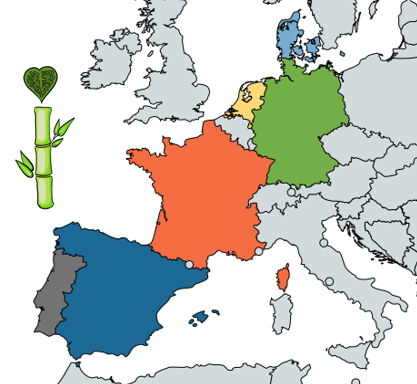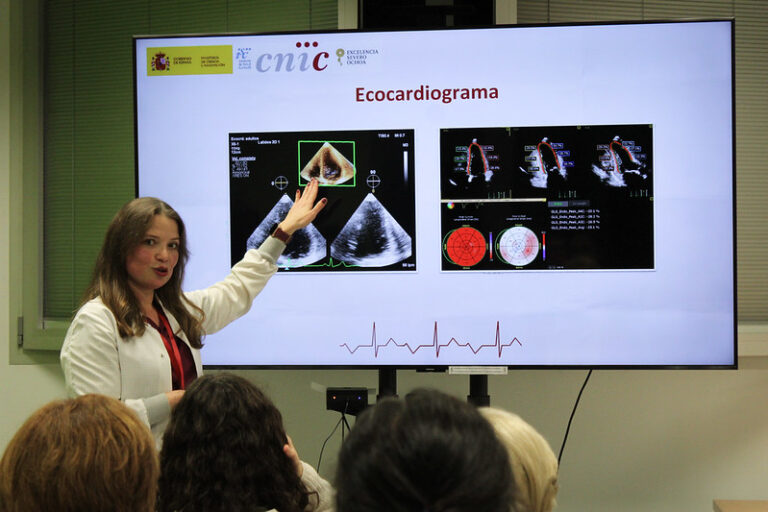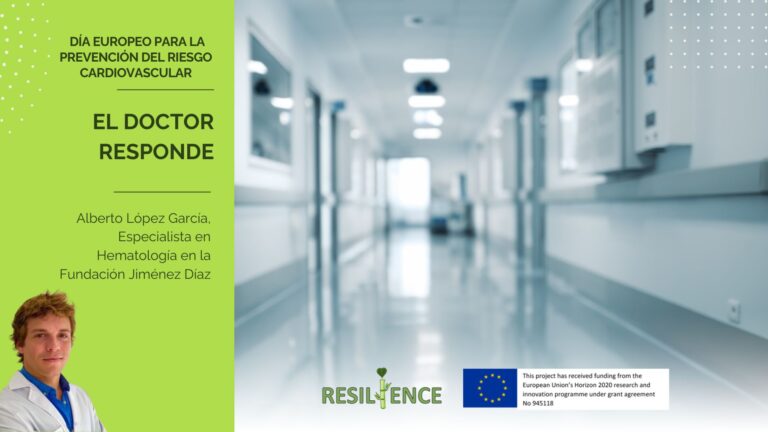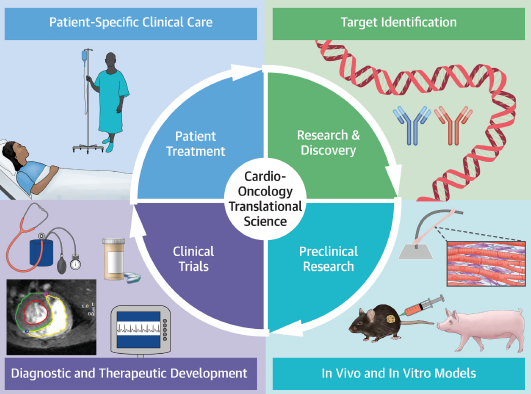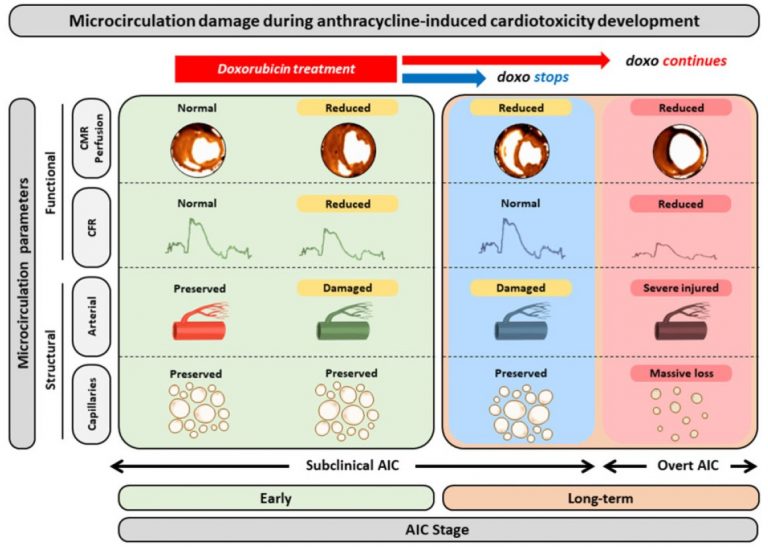The Hatter Cardiovascular Institute biennial workshop, originally scheduled for April 2020 but postponed for 2 years due to the Covid pandemic, was organised to debate and discuss the future of Remote Ischaemic Conditioning (RIC). This evolved from the large multicentre CONDI-2–ERIC–PPCI outcome study which demonstrated no additional benefit when using RIC in the setting of ST-elevation myocardial infarction (STEMI). The workshop discussed how conditioning has led to a significant and fundamental understanding of the mechanisms preventing cell death following ischaemia and reperfusion, and the key target cyto-protective pathways recruited by protective interventions, such as RIC. However, the obvious need to translate this protection to the clinical setting has not materialised largely due to the disconnect between preclinical and clinical studies. Discussion points included how to adapt preclinical animal studies to mirror the patient presenting with an acute myocardial infarction, as well as how to refine patient selection in clinical studies to account for co-morbidities and ongoing therapy. These latter scenarios can modify cytoprotective signalling and need to be taken into account to allow for a more robust outcome when powered appropriately. The workshop also discussed the potential for RIC in other disease settings including ischaemic stroke, cardio-oncology and COVID-19. The workshop, therefore, put forward specific classifications which could help identify so-called responders vs. non-responders in both the preclinical and clinical settings.
- This Project has received funding from the European Union´s Horizon 2020 research and innovation programme under grant agreement No 945118
- Inicio
- El ProyectoEl Proyecto de RESILIENCE
El proyecto RESILIENCE desarrolla una intervención destinada a reducir la prevalencia de insuficiencia cardíaca crónica en pacientes que hayan superado un cáncer. Se trata del condicionamiento isquémico remoto, conocido por su abreviatura en inglés como RIC (Remote Ischemic Conditioning). El objetivo buscado con este procedimiento es una reducción en la incidencia de la insuficiencia cardíaca en los pacientes que han superado un cáncer y que han recibido tratamiento quimioterápico con potencial efecto dañino a nivel del corazón.
Reducir la insuficiencia cardíaca en pacientes que hayan superado un cáncerSegún la OMS, se espera que la incidencia de cáncer aumente en un 70% en los próximos 20 años. La mitad de las personas diagnosticadas con cáncer sobrevivirán durante al menos una década tras el mismo, y se espera que esta tasa de supervivencia aumente significativamente en el futuro.
El condicionamiento isquémico remotoEl condicionamiento isquémico remoto (RIC) es un fenómeno por el cual episodios breves y repetidos de interrupción de la circulación en un miembro (brazo) favorecen el envío de señales a otros órganos como por ejemplo al corazón, y los hace así más resistente a posibles daños. En este caso, más resistentes a la posibilidad del daño cardíaco por la quimioterapia.
Consorcio multidisciplinarSe trata de una colaboración multidisciplinar en la que contamos con el apoyo de la industria, los científicos, los profesionales sanitarios como médicos y enfermeras, y de los propios pacientes implicados.
- Resonancia magnética cardiaca
La resonancia magnética cardíaca (RMC) es una prueba de imagen en la que los pacientes no reciben radiación. Se considera la prueba más precisa para la evaluación de la forma, función y composición de los tejidos del corazón.
El ensayo RESILIENCE utilizará la RMC como la principal herramienta para evaluar los resultados de la terapia de condicionamiento remoto, y los pacientes se someterán a un total de 3 exploraciones con la misma durante el estudio.



- Ensayo clínico
Se trata de un ensayo clínico multicéntrico, prospectivo, de fase II, aleatorizado, doble ciego con control simulado(placebo) para evaluar la eficacia y la seguridad del condicionamiento isquémico remoto (RIC) en pacientes con linfoma que vayan a recibir tratamiento quimioterápico con antraciclinas (al menos 5 ciclos).

- Pacientes
- Actualidad4 diciembre 2023
- Blog




